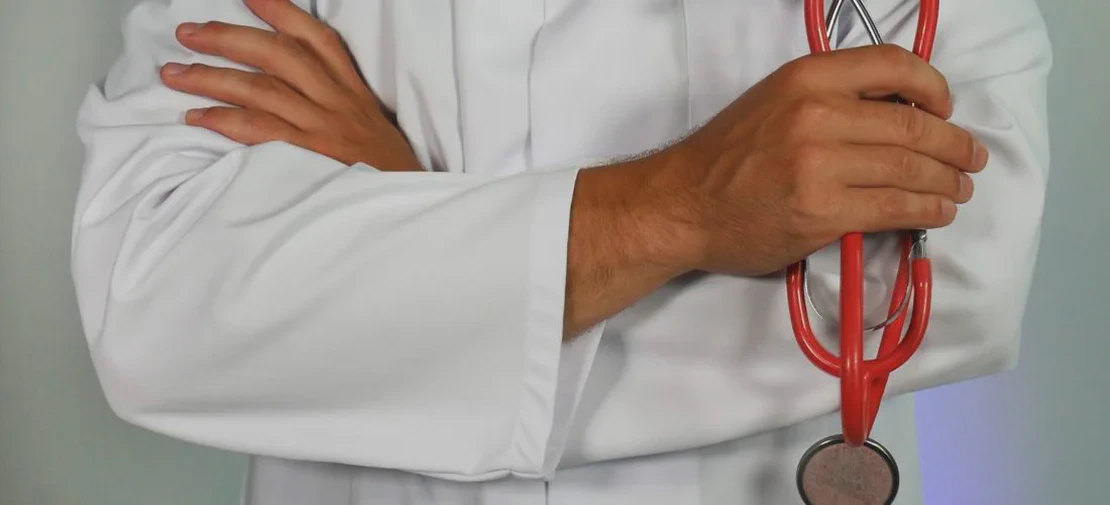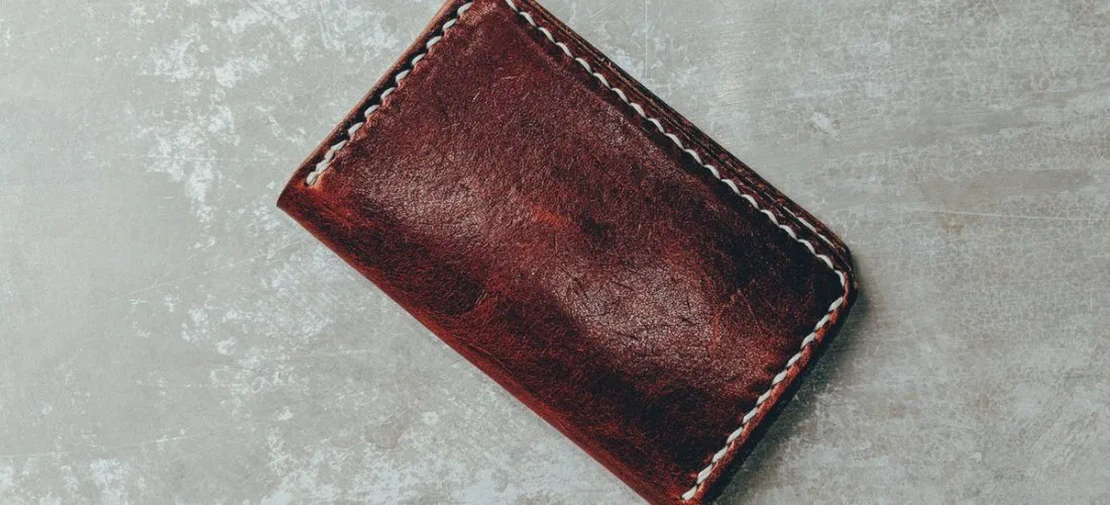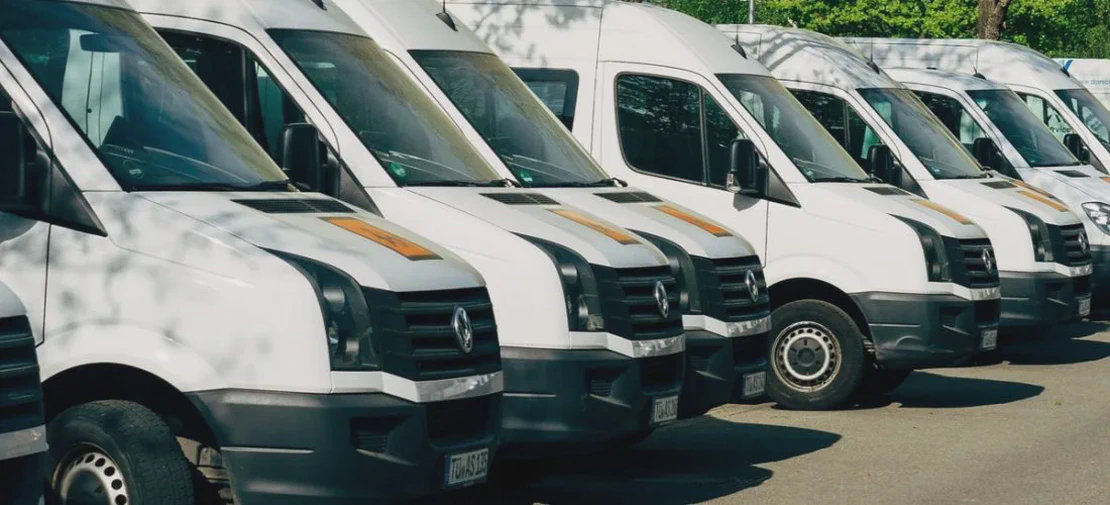
Common Tax Deduction For Health Professionals
- Yash Arora
- Tax , Healthcare professionals , Financial planning
- September 14, 2020
Common Tax Deduction for Health Professionals
Working in the healthcare industry can be daunting and physically exhausting. The work demand makes it understandable why nurses, pharmacists, and other health care professionals don’t have the time to worry about their tax deductions. Some of them are working for long hours, double shifts, and in emergencies, leaving them with little to no time to deal with their taxes. Filing for tax deductions would require proper and complete documentation, which can be impossible for people with a busy schedule.
However, tax deductions are valuable to have. At the end of every tax year, you can decrease your taxable income and claim some of your expenses. If you are a healthcare professional who would like to claim tax deductions or reduce annual taxes but don’t know what expenses to demand back, this article is for you.
You can write-off expenses from your profession alone, and here’s a quick reference you can use to claim a deduction successfully.
Itemised Deductions Nurses and Other Healthcare Workers Can Claim
Here are some examples of what you can claim:
Uniform or Clothing Requirements: There is a specific uniform when working in the healthcare field. If you’re using scrubs, lab coats, or medical shoes, you can write them off your taxes. Everything that you need to wear while doing your job can be filed under this category.
Needed Supplies: If you had to purchase any materials to help you with your work as a healthcare professional, you could file them under the supplies category. These include medical equipment, sanitising supplies, protective gear, shoes, and more. You can also file other related purchases of supplies, such as your medical bag, computer and printer, business cards, office supplies, business meals, and stationery.
Education and Registration: Before a professional gets to work in the healthcare field, they need to be registered with AMA or other professional organizations. If you had any expenses for registration or maintain it during the tax year, you can claim that as an. If you did an education course to widen your knowledge or improve your skills, you can claim that as an expenses against your income. You can include all the travel expenses and fees to the meetings, seminars, and conferences you attended. Add to the list the cost for the reference materials, photocopy expenses, textbooks, journals, insurance, lab fees, and more.
Other Services: You can also include other expenses related to keeping the integrity of your job. That includes getting your uniforms altered, dry cleaning, and even your tax preparation fees.
Home Office Tools: Some staff would need to be ready on-call for emergencies. If you are under this category or have a home office, you can also file your office phone, answering service, cell phone, internet service, and other communication expenses.
Vehicle and Travel: While you cannot claim the travel from home to work, you can claim travel costs incurred if you are required to travel between hospitals or medical clinics. You can also claim travel expenses incurred for travel to seminars, work events etc. The two methods of claiming car expenses are Cents per km and Log-book method.
Conclusion
When submitting a tax return, being organized helps in minimizing your taxes. When filing for tax deductions, make sure to have the necessary documentation to justify your claim.
We’re a Melbourne based Accounting Firm that provide Accounting & Tax services to small businesses & individuals throughout Australia.
Related Posts

Understanding Your Cash Flow Statement
Understanding Your Cash Flow The statement of cash flows, (also known as the cash flow statement), shows how your business has generated and used cash (and cash equivalents) within a specific time period.
Read More
New Super Carry Forward Rules – Maximise Your Contributions
Carry Forward Rules for Super Contributions If your superannuation fund balance is less than $500,000, a new rule means you are now able to carry forward any unused concessional contribution from prior years into following years.
Read More
Should You Buy Or Lease Your Business Assets?
To Buy or To Lease: A Business Decision There are certain items of equipment, machinery and hardware that are essential to the operation of your business – whether it’s the delivery van you use to run your home-delivery food service, or the high-end digital printer you use to run your print business.
Read More